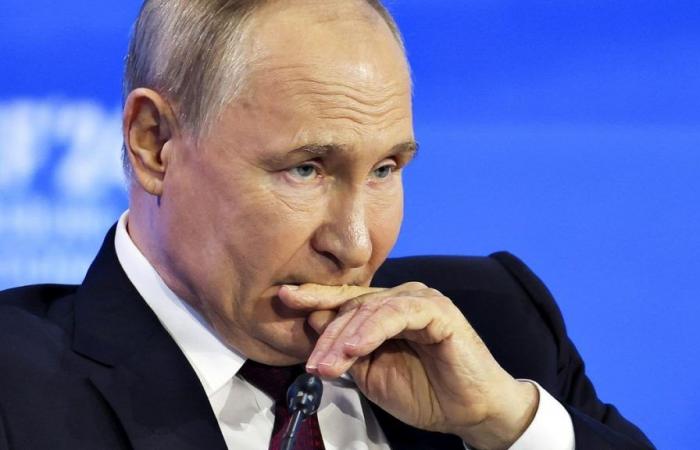New harsh measures against Moscow due to the war in Ukraine, gas supplies affected for the first time. Belgium, France and Spain are the main entry points for Russian LNG
ADVERTISING
European Union ambassadors, meeting in Coreper, have approved a new series of sanctions against Russia, targeting supplies of liquefied natural gas (LNG) for the first time. Several member states continue to purchase despite the war in Ukraine now in its third year, the main ones being Belgium, France and Spain.
The sanctions, which break a taboo, represent the 14th package applied since February 2022 and come at a delicate moment on the battlefield, as Russian troops seek to use their renewed momentum to make further territorial gains, especially in the Kharkiv region.
What does the new sanctions package provide?
The package is the result of lengthy negotiations between the ambassadors, who spent weeks discussing highly technical details. Approval was delayed several times due to reservations expressed by several countriesincluding Hungary, which had vowed to block any sanctions in the energy sector.
However, the latest block was Germany’s “no Russia clause”, which imposes an obligation on companies to avoid circumvention.
Brussels missed two self-imposed deadlines, the G7 in Italy and the Peace Summit in Switzerland, to give Germany more time to resolve the issue. On Thursday morning, Berlin signaled that its concerns had been satisfied, paving the way for the agreement.
The squeeze on LNG, however, it is not an absolute ban on imports, as the bloc has done previously with coal and maritime oil, two of Moscow’s main sources of income. Companies in the bloc will still be able to buy Russian LNG, but they will not be able to re-export it to other countriesa practice known as transhipment.
Over 8 billion euros for gas to Russia
The Center for Energy and Clean Air Research (Crea), an independent organization that tracks Russian fossil fuels, estimates that in 2023 the bloc will pay 8.3 billion euros for 20 billion cubic meters (bcm) of Russian LNG, equal to 5 percent of total gas consumption. Belgium, France and Spain were the main entry points for Russian LNG.
Around 22 percent of these supplies (4.4 billion cubic metres) were transshipped globally, with 1.6 billion cubic meters sent to other Member States, according to Crea. The rest went to China, India, Türkiye and other customers.
The figures reflect the West’s leading role in cargo insurance and shipping services: last year, the maritime industry of the G7 countries handled 93 percent of Russia’s LNG exportsa transport valued at 15.5 billion euros.
The EU wants to block Russian gas exports
The new EU sanctions intend curb this lucrative activity and limit Russia’s ability to raise funds for his costly war on Ukraine. The sanctions also cover three Russia-based LNG projects not yet operational, which Reuters previously identified as Arctic LNG 2, Ust Luga and Murmansk.
Furthermore, member states have agreed on tougher measures for crack down on avoidance and close loopholes left open in the 13 previous sanctions packages, a perennial problem for Brussels.
Specific details of these measures were not immediately made available, but it is believed are directed to the “shadow fleet” of old and small oil tankers which the Kremlin uses to circumvent the G7 price limit on Russian oil transported by sea.
Despite being capped at $60 a barrel, Russia has been selling its Ural oil for between $67 and $75 a piece in recent months.





